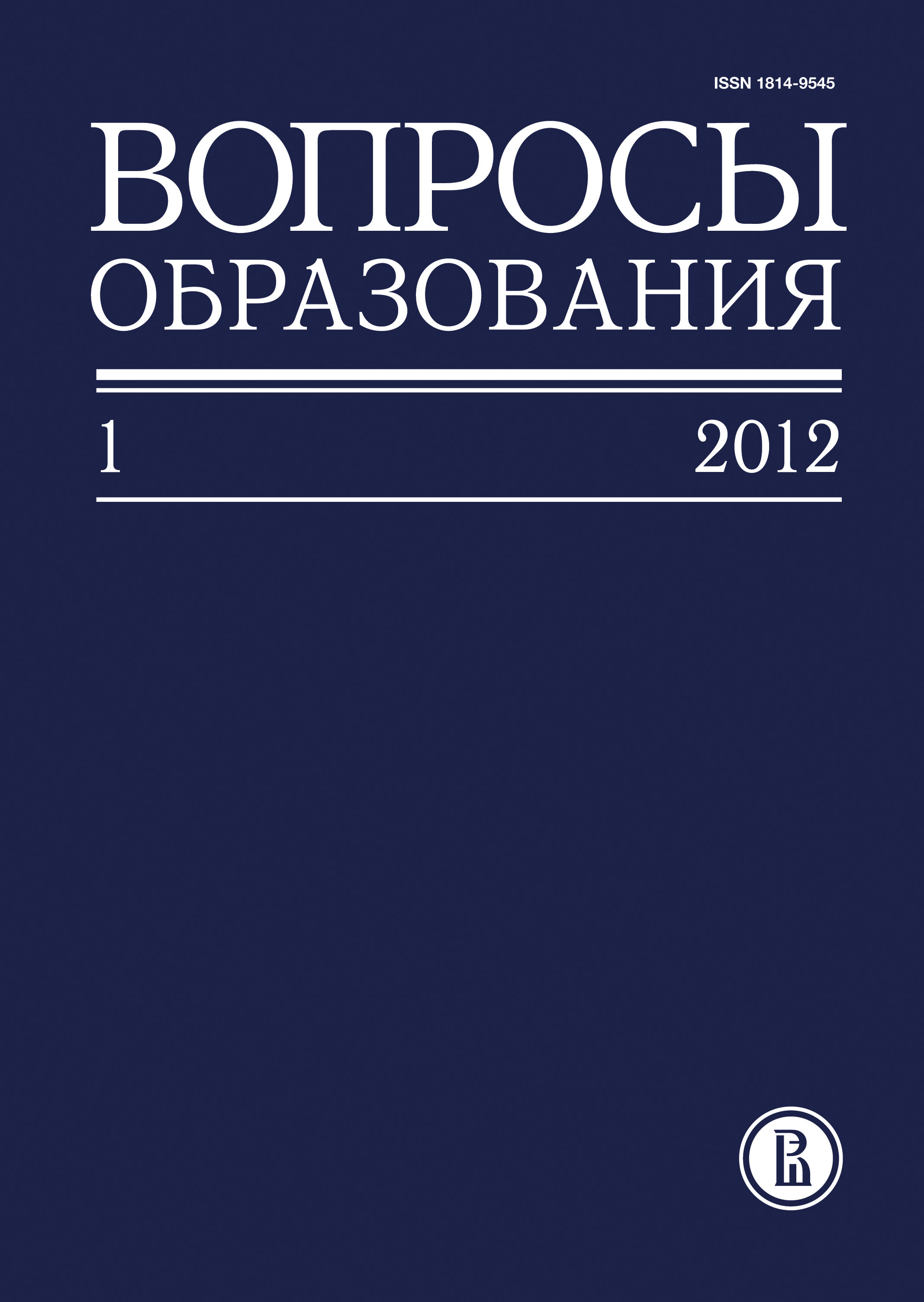Семейный капитал как фактор образовательных возможностей российских школьников
Аннотация
Рощина Яна Михайловна — кандидат экономических наук, доцент, ведущий научный сотрудник Центра лонгитюдных исследований НИУ ВШЭ. Эл. адрес: yroshchina@mail.ru
Оценивается влияние разных видов семейного капитала, индивидуальных характеристик молодых людей, а также типа школы на образовательные возможности учащихся 9-х классов, в том числе на их намерение получить высшее образование. Эмпирической основой исследования послужили данные первого этапа лонгитюдного проекта «Мониторинг образовательных и трудовых траекторий выпускников школ и вузов», начатого в 2010 г. в НИУ ВШЭ с целью исследования образовательных и профессиональных траекторий российских школьников на протяжении нескольких лет.
Обнаружена взаимосвязь объема семейного капитала с типом школы, в которой обучается подросток. Наиболее высокий уровень семейного капитала выявлен в семьях учащихся специализированных школ и гимназий. Подчеркивается, что неравенство в ресурсах семей усугубляют территориальные различия в образовательных возможностях.
Показано, что факторы семейного капитала в целом оказывают влияние на образовательные возможности школьников, однако сильнее оно проявляется в уже имеющихся достижениях и инвестициях в человеческий капитал. А образовательные намерения зависят в большей степени от типа школы, успеваемости, дополнительных занятий, а также характера ребенка и его собственных усилий, чем от объема семейного капитала.
Отмечается, что отсутствие значимого влияния факторов семейного капитала на образовательные намерения детей противоречит ряду результатов, полученных в предыдущих исследованиях. Предполагается, что это связано с высоким уровнем неопределенности планов девятиклассников.








